How EPC ratings can help you plan your sustainable home
All you need to know about EPC ratings. Whether you’re eco-conscious, or want to know more about your home’s energy performance, we’ve got you covered.


E.ON
14/09/23
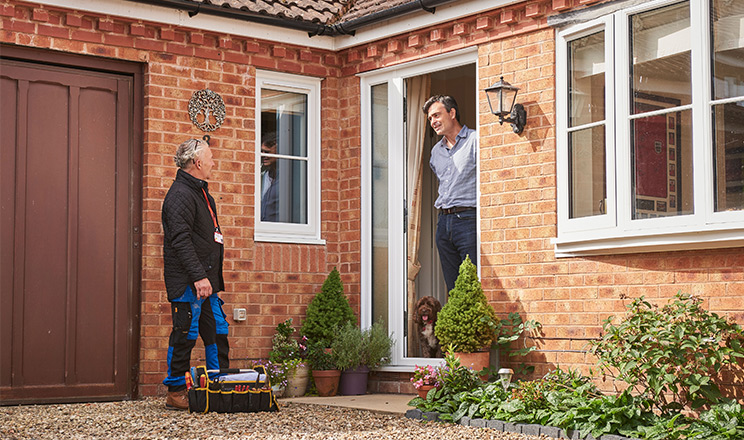
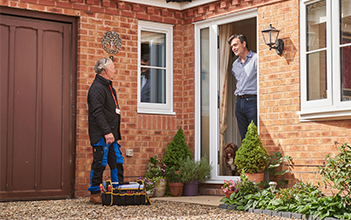
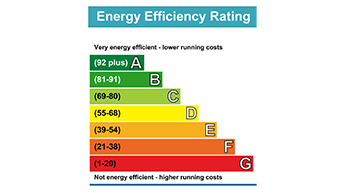
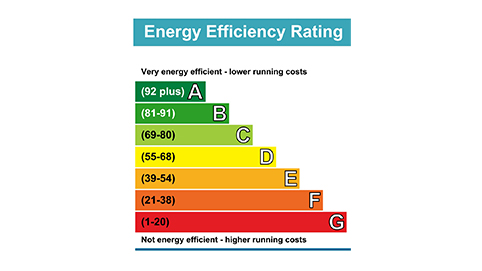
What is an EPC rating?
What is an EPC?
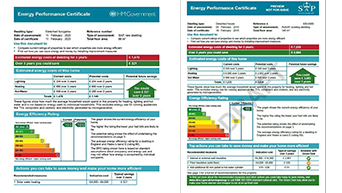
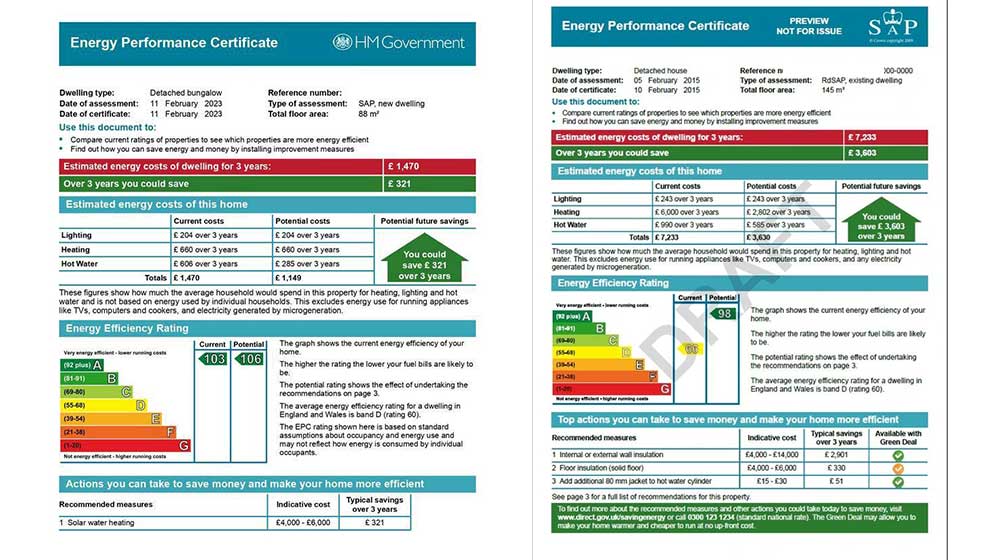
Decoding EPC grades
When do you need an EPC?


How do I get an EPC certificate?
How do I improve my EPC rating?


How much does an EPC cost?
How do I check my EPC and what I'm eligible for?
Embrace the future with E.ON
Read our other blogs


11 May 2022
Blog post
Why should you consider installing a heat pump?
According to our research, four in five people currently heat their homes using gas, with only 3% heating their homes using a renewable energy source, such as a heat pump.


21 March 2022
Blog post
Here to help with energy efficiency
With the UK cost of living increasing, it’s well worth being aware of the support that’s available to help improve your home’s energy efficiency, and reduce your energy bills, particularly for those who are most in need.


25 September 2023
Blog post
A guide to home insulation
Insulating your home is a great way to make your home more energy efficient, helping to prevent heat loss and reduce your energy bills.